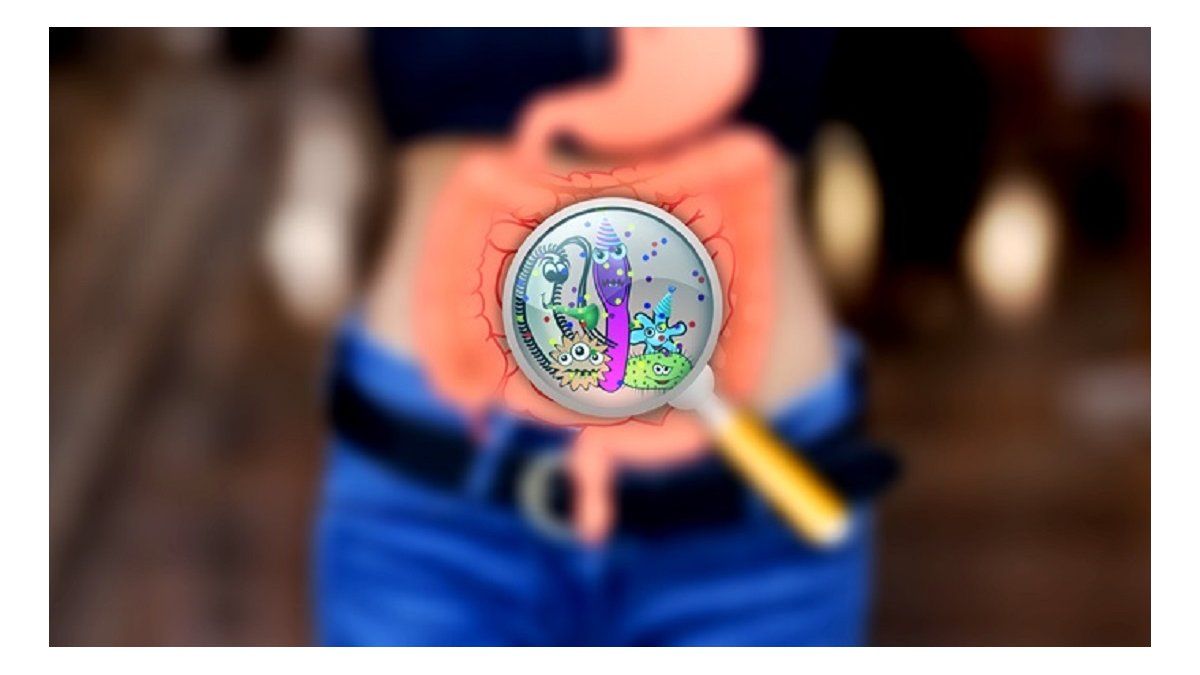As in all areas of life and also in the microbial world, adaptation is an extremely necessary skill. The intestinal microbiota is not left out and has the ability to transform itself and, under certain circumstances, modify its composition.
If we do it intelligently and maintaining good habits, we will live in full cooperation between us and them. Both benefiting from this relationship.
We can say that microbes have non-human aspects, they often have greater resilience than us, they adapt more easily, they change and they forgive you mistakes without much rancor!
Within some of the many examples that demonstrate this capacity for adaptation and transformation, science seems to indicate that in situations such as anemia due to lack of iron, the maintenance of the intestinal barrier function is affected, for example. It is the intestinal microbiota that would play a unique role, with its flexibility and adaptation, in trying to compensate for this situation by manufacturing substances such as short-chain fatty acids (one of them butyrate) that help fulfill this function of letting it pass into the blood what we want and avoid the passage of toxic substances.
MICROBIOTA 1.jpg
Now, how can we understand the prevalence of anemia due to lack of iron in the westernized life we lead, usually with a good supply of meat? When the composition of the microbiota is altered, there may be a decrease in iron absorption even if the recommended amount is consumed. It’s not just the amount of iron that matters, it’s the quality of the diet! A low intake of plant-based foods provides a small amount of fiber, which is the essential food to achieve a healthy microbiota that can carry out its functions optimally.
Another example is the role of the microbiota in food intolerances, such as lactose intolerance. Lactose is mainly sugar from milk and dairy products and is present in many food products as a food additive. The deficiency of the enzyme lactase capable of degrading it can cause digestive symptoms.
Beyond the genetic predisposition that one may have to develop intolerance to this sugar, it is the microbiota that can rescue us from this situation. For this it is necessary to keep it “balanced”, “balanced”, “well fed”.
It is estimated that 80% of the world population suffers from lactose intolerance to a greater or lesser degree and taking care of the microbiota seems to be a fundamental strategy. Bifidobacteria, good bacteria that inhabit our intestines, have the metabolic ability to digest lactose, therefore it seems that those who consume milk and are lactose intolerant have a greater abundance of these bacteria that are metabolizing the lactose in the milk they drink.
Having a balanced intestinal microbiota could help us improve the digestion of lactose.
Taking care of our intestinal microbiota through what we eat is a tool validated by science as a fundamental piece in the prevention of digestive and extra-digestive diseases and in the best response to these conditions.
The more diverse your gut ecosystem, and the richer in terms of genes, the greater the adaptability.
Other environmental factors, beyond diet, also play a relevant role: the consumption of antibiotics, the way we live, our stress levels, “super hygiene”, among others.
We are in a position to say that this “super sanitization” of surfaces, food and water; modern life, little contact with nature and bad habits are destroying our main asset, which is our intestinal microbiome.
We have many challenges ahead so that, supported by science and knowledge, we can investigate and identify all the potential that caring for our microbial world offers us to contribute to good health.
Bachelor of Nutrition, certified health coach, specialist in changing habits and intestinal microbiota.
Source: Ambito
David William is a talented author who has made a name for himself in the world of writing. He is a professional author who writes on a wide range of topics, from general interest to opinion news. David is currently working as a writer at 24 hours worlds where he brings his unique perspective and in-depth research to his articles, making them both informative and engaging.




